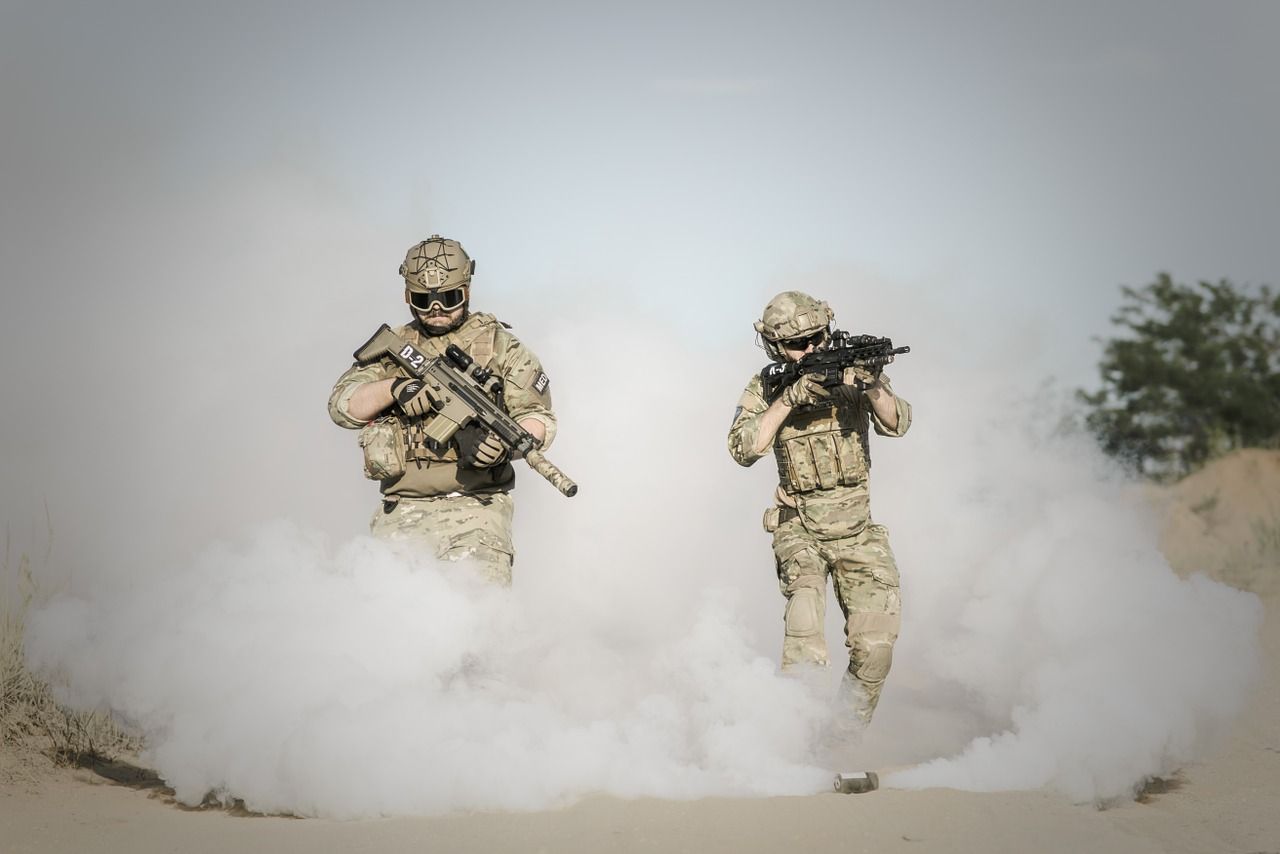Cannabis has emerged as a potential therapeutic option for conditions such as chronic pain, PTSD, and insomnia—issues that affect many military service members and veterans. Yet, despite growing public interest and legalization across much of the United States, cannabis research within military and veteran health systems remains tightly restricted. The result is a widening gap between real-world use and scientific understanding.
The Challenge of Studying Cannabis in Military Medicine
The U.S. Department of Defense (DoD) and Department of Veterans Affairs (VA) oversee massive healthcare systems serving millions of active-duty personnel and veterans. However, both operate under federal law, which still classifies cannabis as a Schedule I drug—a category reserved for substances considered to have “no accepted medical use” and a “high potential for abuse.” This classification severely limits research.
Any study involving cannabis must receive approval from multiple agencies, including the FDA, DEA, and National Institute on Drug Abuse (NIDA). Researchers can only use cannabis from NIDA’s federally authorized cultivation facility at the University of Mississippi, which often differs in potency and formulation from products sold in state-regulated markets. These hurdles make it difficult to design studies that reflect real-world patient experiences.
Major Barriers to Clinical Trials
Regulatory Complexity:
Obtaining approval for cannabis trials in the military or VA system is an extensive and often discouraging process. Researchers must navigate overlapping agency requirements, lengthy review timelines, and federal supply limitations that delay studies for years.
Institutional Resistance:
The military maintains strict zero-tolerance policies for cannabis use among active service members, reflecting long-standing concerns about readiness, safety, and image. Even within the VA, institutional caution and conflicting federal guidelines limit how openly researchers can explore the drug’s therapeutic potential.
Restricted Access to Research-Grade Cannabis:
NIDA’s monopoly over research cannabis means most studies rely on products that do not accurately represent the potency, chemical composition, or delivery methods (like edibles, tinctures, or vapes) that patients actually use. This limits the scientific relevance of results to real-world consumers.
Funding and Ethical Challenges:
Federal funding for cannabis research remains limited, especially within the VA and DoD. Many projects focus instead on synthetic cannabinoids or behavioral therapy alternatives. Ethical concerns about administering a Schedule I drug to service members also make recruitment and study design more complicated.
The Push for Change
Policymakers and researchers are increasingly calling for reform. Proposals such as the VA Medicinal Cannabis Research Act and the Cannabis Research Act of 2023 aim to simplify DEA licensing, allow multiple cannabis cultivation sources, and authorize VA-led studies on conditions like PTSD and chronic pain. These measures could generate the robust clinical data needed to guide evidence-based treatment decisions for veterans.
Looking Ahead
For now, federal restrictions continue to slow cannabis research within military health systems. As a result, millions of veterans turn to state-legal cannabis markets without clear medical guidance or consistent oversight. To bridge this gap, policymakers, scientists, and the military must work together to modernize research pathways—ensuring that those who have served the nation can finally benefit from science-driven answers on the role cannabis can play in their health and recovery.

